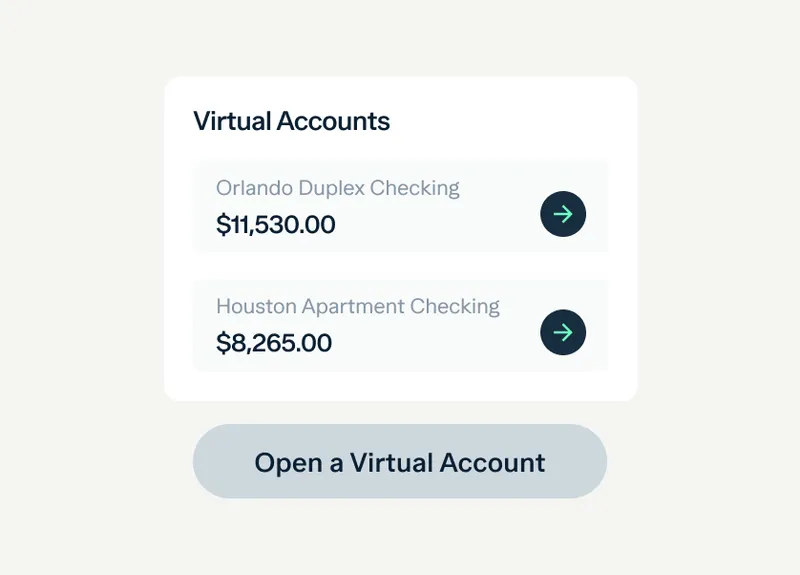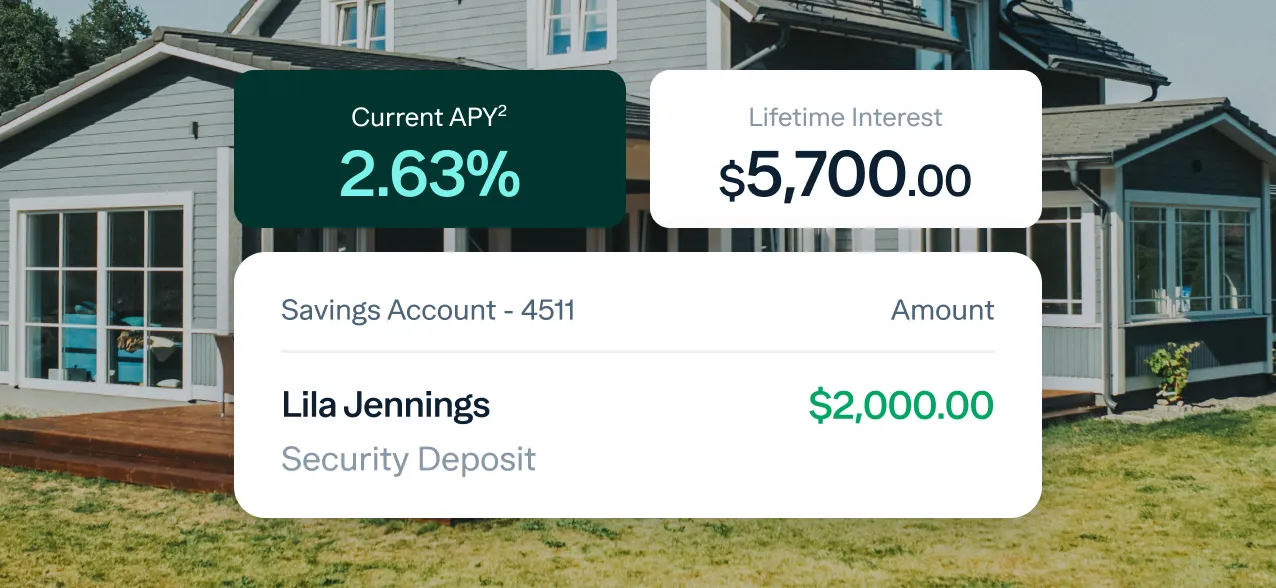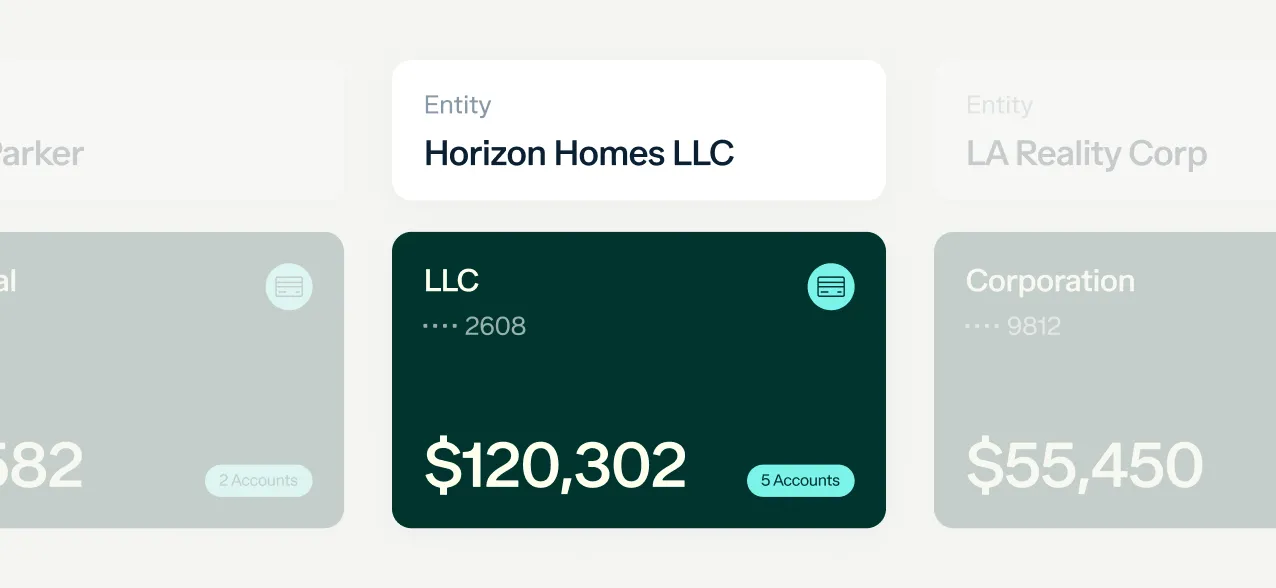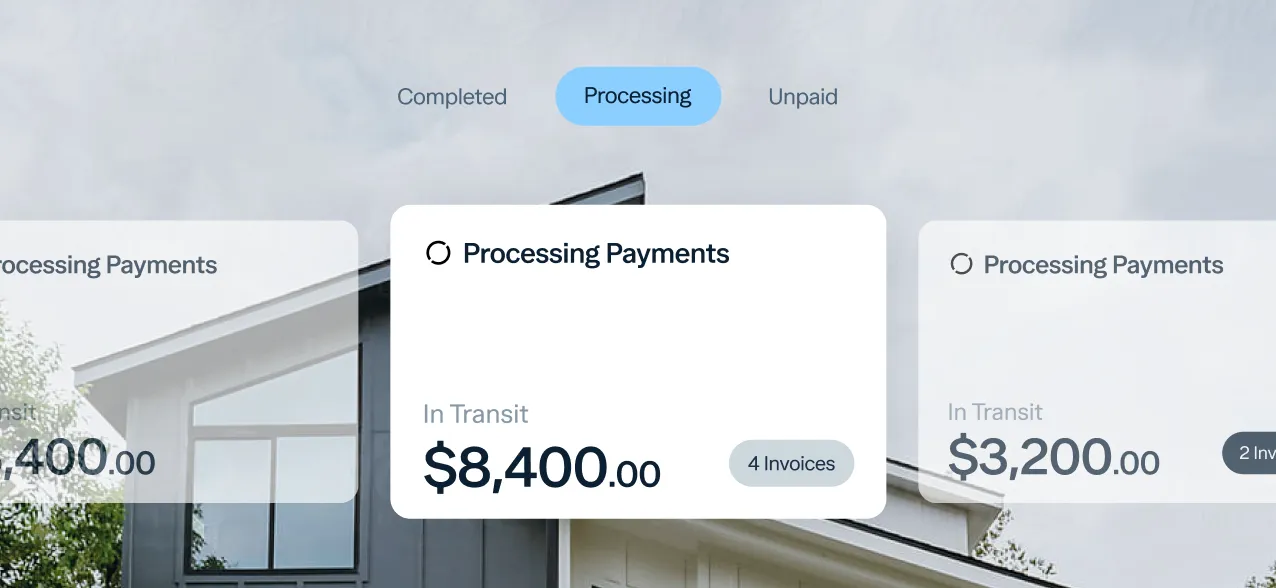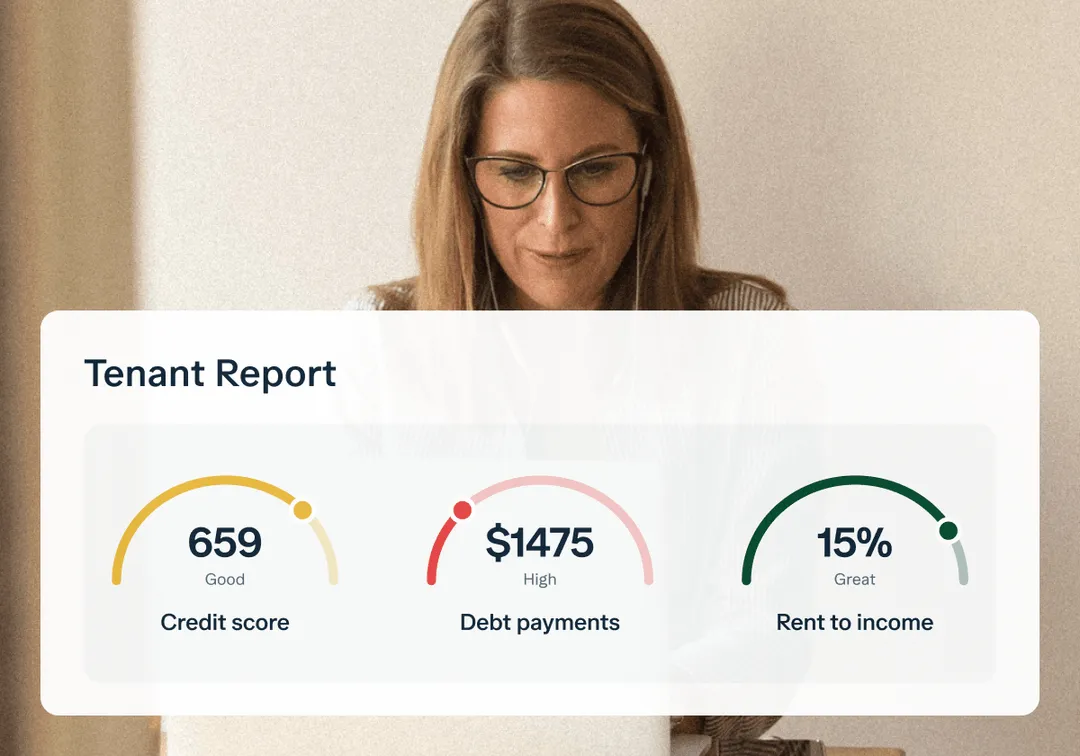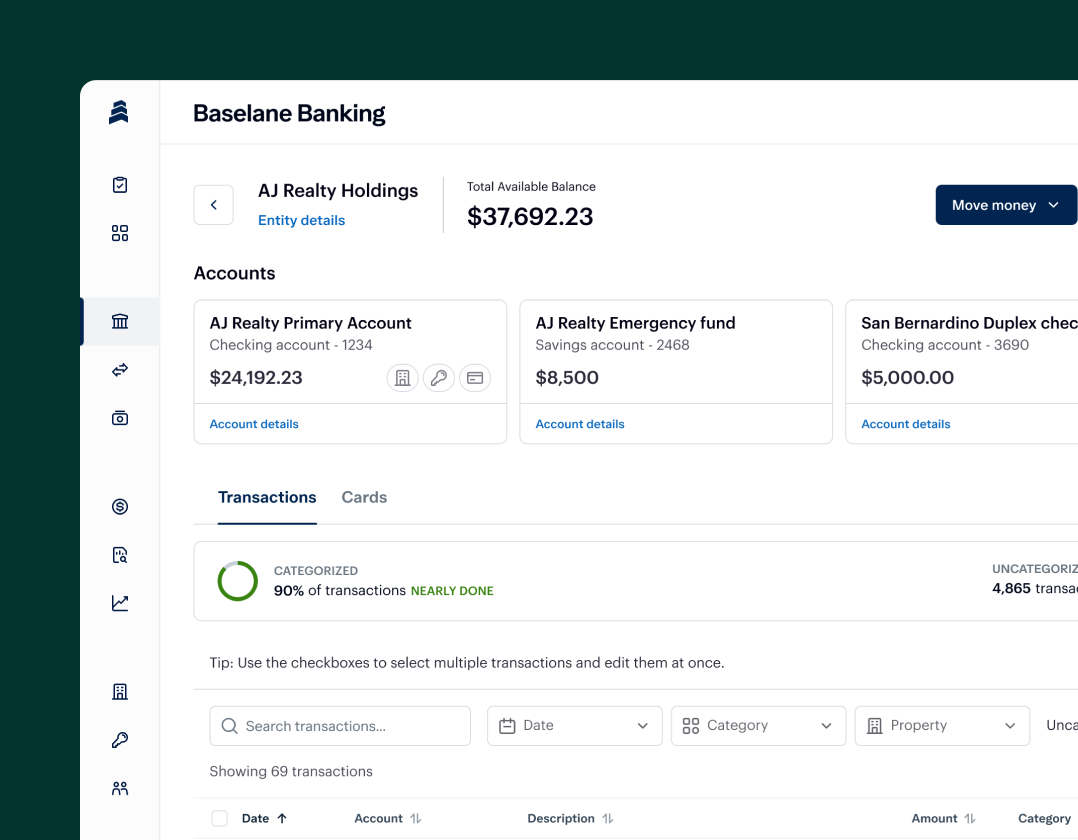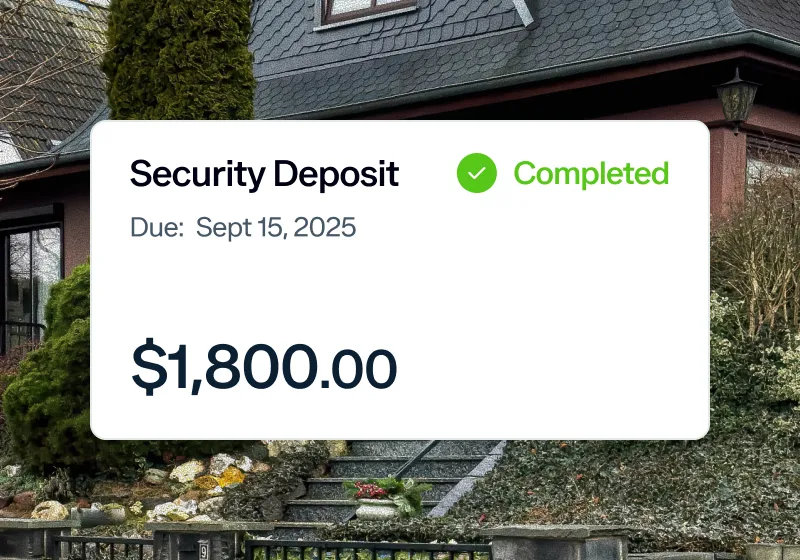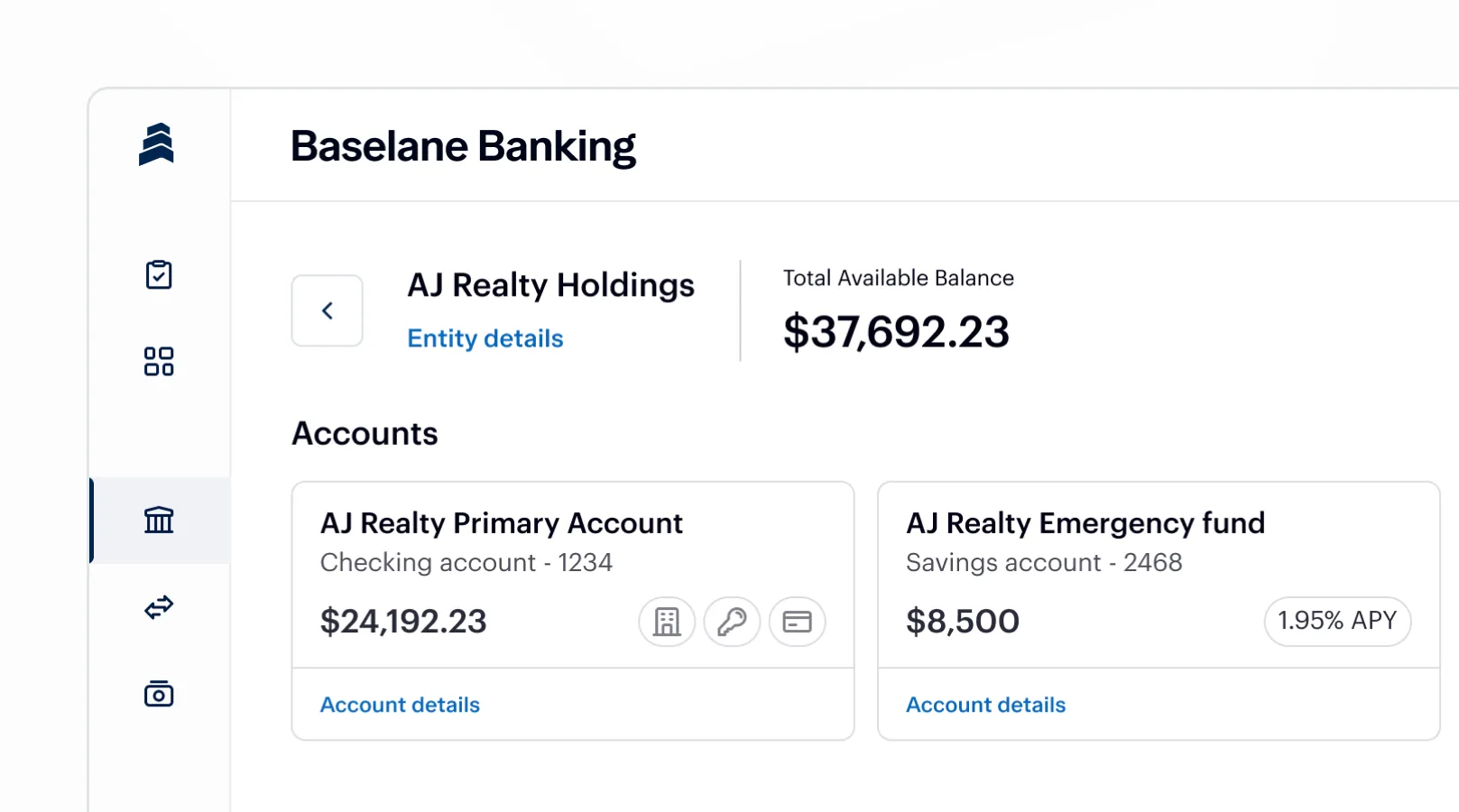In Tennessee, No legal limit applies.
Security deposit rules in {{ state }}
Limit: In Tennessee, there is no statutory limit on how much a landlord can charge for a tenant security deposit. Most landlords typically collect an amount equal to one month’s rent, though the tenant deposit can vary based on the tenant’s credit history, rental background, or lease terms. The total amount must be clearly stated in the lease agreement, and it is strongly recommended that landlords manage funds through a dedicated security deposit bank account in Tennessee to ensure transparency and compliance with state law.
Return Deadline: The landlord must return the tenant security deposit, along with an itemized list of deductions, within 30 days after the tenant vacates the property and provides a forwarding address. If the tenant fails to provide a forwarding address, the landlord must still hold the deposit for at least 60 days before forfeiture. Failure to return the tenant deposit or provide the required documentation within 30 days may result in the landlord being liable for damages equal to the amount wrongfully withheld.
Acceptable Deductions: The tenant security deposit may be used to cover unpaid rent, late fees, damages beyond normal wear and tear, cleaning costs, and any other expenses necessary to restore the property to its original condition. The landlord must provide an itemized written statement listing all deductions, along with receipts or repair estimates, when returning the remaining balance of the tenant deposit.
Where to Deposit: Tennessee law requires landlords who own or manage more than one rental property to hold all tenant deposits in a separate, federally insured escrow account at a financial institution located within the state. The account must be maintained solely for tenant deposits and cannot be commingled with personal or business funds. Upon request, the landlord must disclose the name and address of the bank where the funds are held. While there is no required security deposit interest rate, maintaining a security deposit escrow account in Tennessee or a landlord tenant security deposit bank account in Tennessee helps landlords comply with state regulations and protects tenant funds through transparent financial management.













